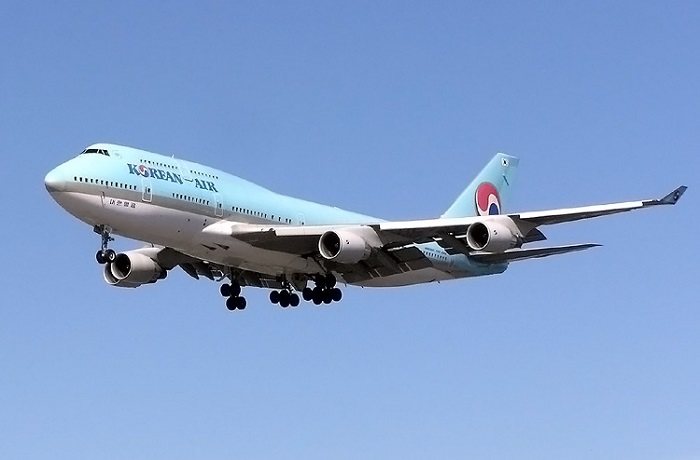Korean Air, the flag carrier of South Korea, became the first airline to disclose that it managed to achieve a net profit in Q2 2020, a rare sight in the industry ravaged by the COVID-19 pandemic.
According to Korean Air’s quarterly financial report published on August 7, 2020, the company generated ₩1.6 billion ($1.4 million) net income, in contrast with ₩3.8 billion ($3 million) net loss over the same period of 2019. The result is even more significant in the context of the world-wide pandemic that sent the entirety of the travel industry into a crisis.
Korean Air’s overall revenue dropped by 44% year-on-year, but it managed to reduce operating expenses by more than 50%. More importantly, a plunge in passenger revenue, which dropped by 90% was greatly offset by a 95% increase in cargo revenue.
According to the statement, a turnaround to profit was entirely due to an increase in cargo sales. The company managed to greatly increase the efficiency of its Boeing 747 and Boeing 777 freighter fleet and adapt passenger aircraft to carry cargo. A number of permanent passenger-to-freighter conversions are planned, according to the Hanjin Group Chairman Cho Won-tae.
Although Korean Air’s financial statement reads that the emergent cargo transport demand is set to decrease, the company is apparently planning to retain its focus on freighter operations, as the passenger market remains highly uncertain.

